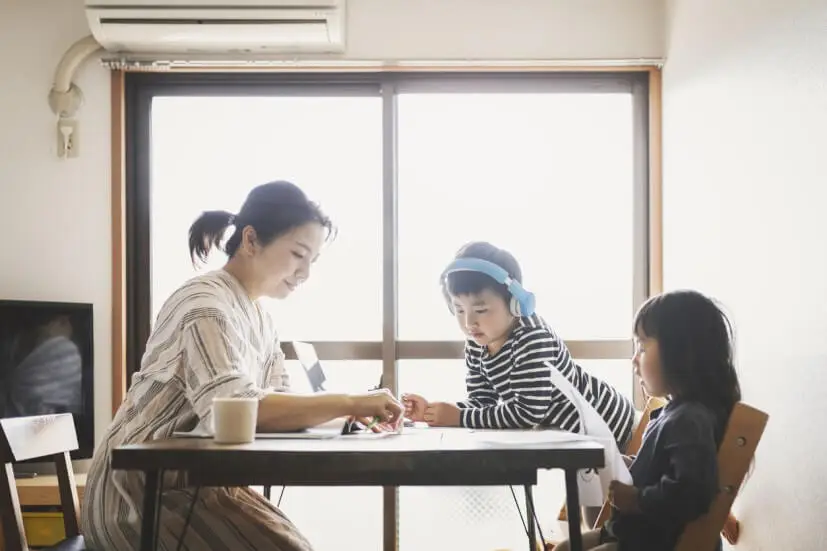Our Picks
Discover what to do and where to see Mount Fuji for a majestic view. From serene lakes to vibrant festivals, plan your perfect and unforgettable adventure.
Make your home a happy one by learning how home protection, mortgage, domestic helper, and pet insurance plans can keep your home and loved ones safe and secure.
Planning to travel to Australia to savour some world-renowned wines? Add these 5 underrated & lesser-known wine regions to your itinerary!
Finance Matters


Health & Well-being


Family


Lifestyle


Working at Income







